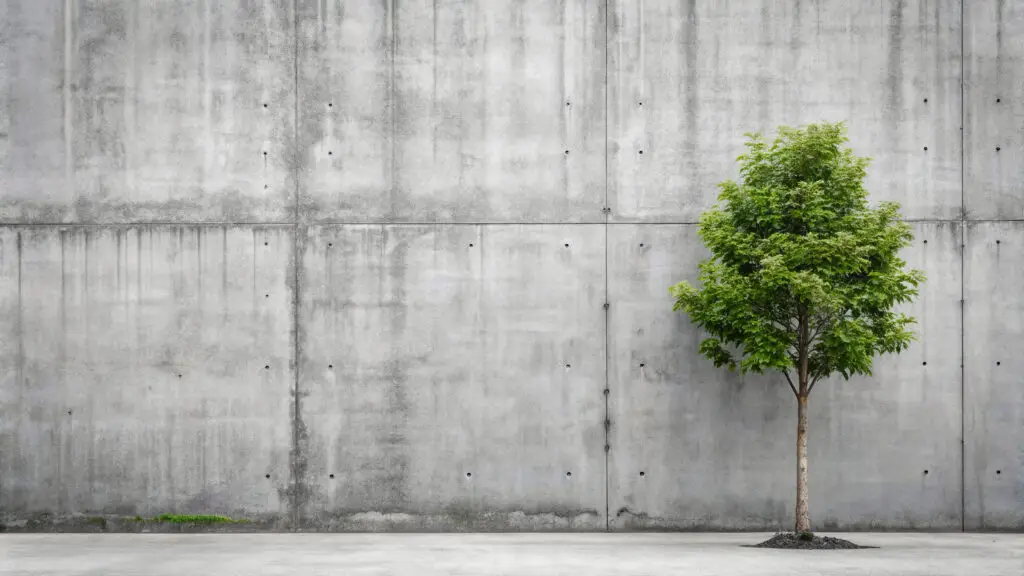Due to its sustainable properties, concrete provides strong, durable, and safe constructions that are energy efficient and require minimal maintenance during their lifetime. Additionally, concrete is locally produced. Today, the environmental footprint of concrete can be reduced by 50 percent, with even greater potential moving forward.
Moreover, concrete is a material that can be used long term. Structures built with concrete over 2,000 years ago are still functional today. Concrete is literally the foundation on which we build our sustainable societies. Thus, the sustainability of concrete must be understood from a life cycle perspective (LCA).
To determine whether a building material is sustainable, the economic, social, and environmental aspects of the material over the structure’s entire period of existence must be evaluated and weighed together.
From a life cycle perspective, concrete meets high sustainability demands. It is strong, durable, fire-resistant, affordable, and locally available. A concrete construction has a lifespan that can exceed 100 years, during which it requires minimal maintenance.
Sustainable construction is about maximizing benefits, function, and performance while minimizing the negative impact throughout the lifetime of a building.

Concrete is much more than a high-quality construction product. It’s one of the world’s most sustainable and versatile building materials.
For thousands of years, concrete has been a popular and widely used construction material. There are many reasons for this, not least its natural beauty and ability to be formed and used creatively. However, from sustainability to health, safety and durability, concrete is a material defined by outstanding functional performance and real benefits.
Over its entire lifetime, concrete is an efficient absorber of CO2.
Concrete is highly durable, fulfilling its intended function for long periods of time.
Because concrete can be manufactured close to where it’s needed, transport distances and their climate impact can be minimized.
Concrete’s high density helps insulate buildings, lowering energy consumption and costs and reducing our climate footprint.
Concrete can withstand moisture, fire and the effects of extreme weather.
Concrete has effective noise insulation properties, contributing to calm, quiet interior environments.